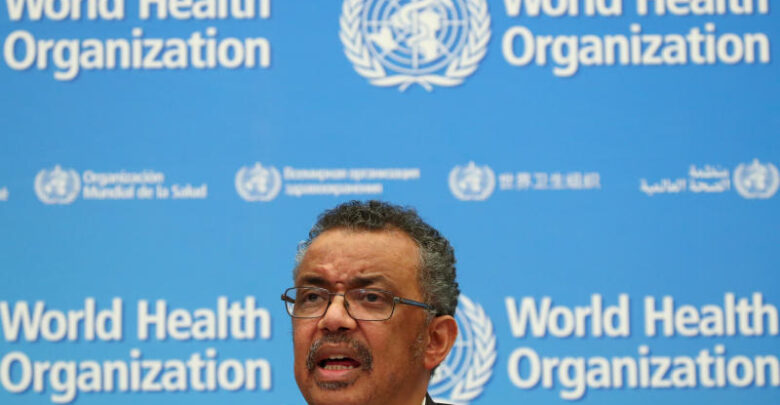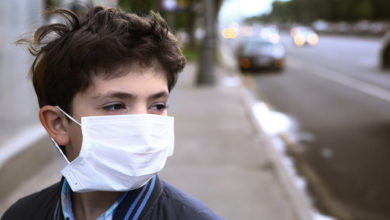
The World Health Organization (WHO) chief on Wednesday said the organization is working with Ugandan health authorities to prevent a deadly Ebola outbreak in the East African nation from spreading to other neighbouring countries.
According to the WHO, health authorities in Uganda have identified 74 confirmed and probable cases of Ebola across five districts. As per the data collected, at least 39 people have died from the disease and 14 others have recovered from the disease. Over 660 people who were possibly exposed to the virus are under active follow-up.
“Our primary focus now is to support the government Uganda now to rapidly control and contain this outbreak, to stop it from spreading to neighboring districts and neighbouring countries,” WHO Director General Tedros Adhanom Ghebreyesus said during a global health update in Geneva on Wednesday.
Uganda declared an outbreak of Ebola in late September after a person tested positive for the virus. There are no licensed vaccines or treatments for the Sudan strain ebolavirus that caused the outbreak.
As far as monkeypox outbreak is concerned, the UN health body said the number of monkeypox cases globally has surpassed 70,000, but warned people not to let their guard down despite a decline in new cases.
Ghebreyesus said that over 70,000 illnesses and 26 fatalities have been reported to the UN health organisation this year so far. The number of monkeypox cases increased in several countries in the Americas. It stressed that a slowdown in fresh cases globally could be the “most dangerous” time in the outbreak.
He warned that a declining outbreak can be the most dangerous outbreak as it can tempt people to think that the crisis is over, and to let down their guard. He said the WHO was working with countries to increase their testing capacity and to monitor trends.






